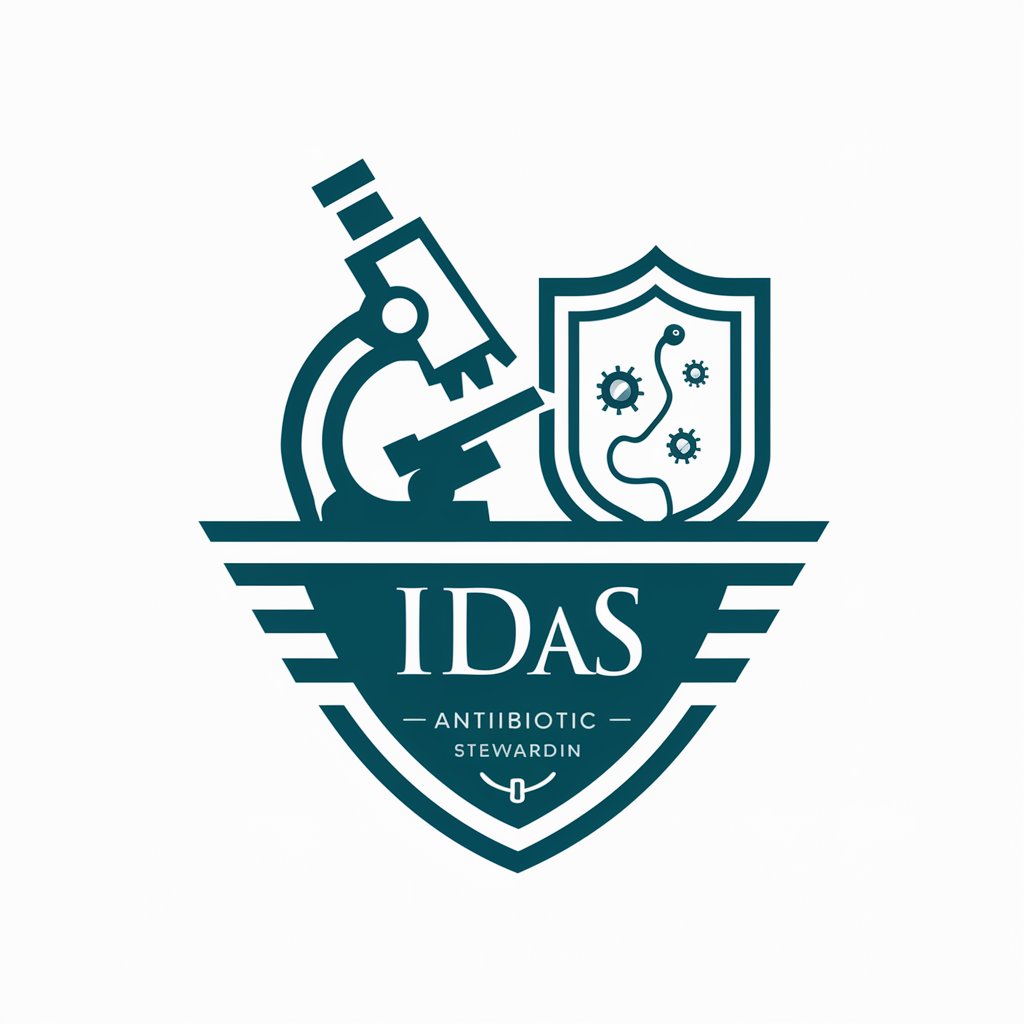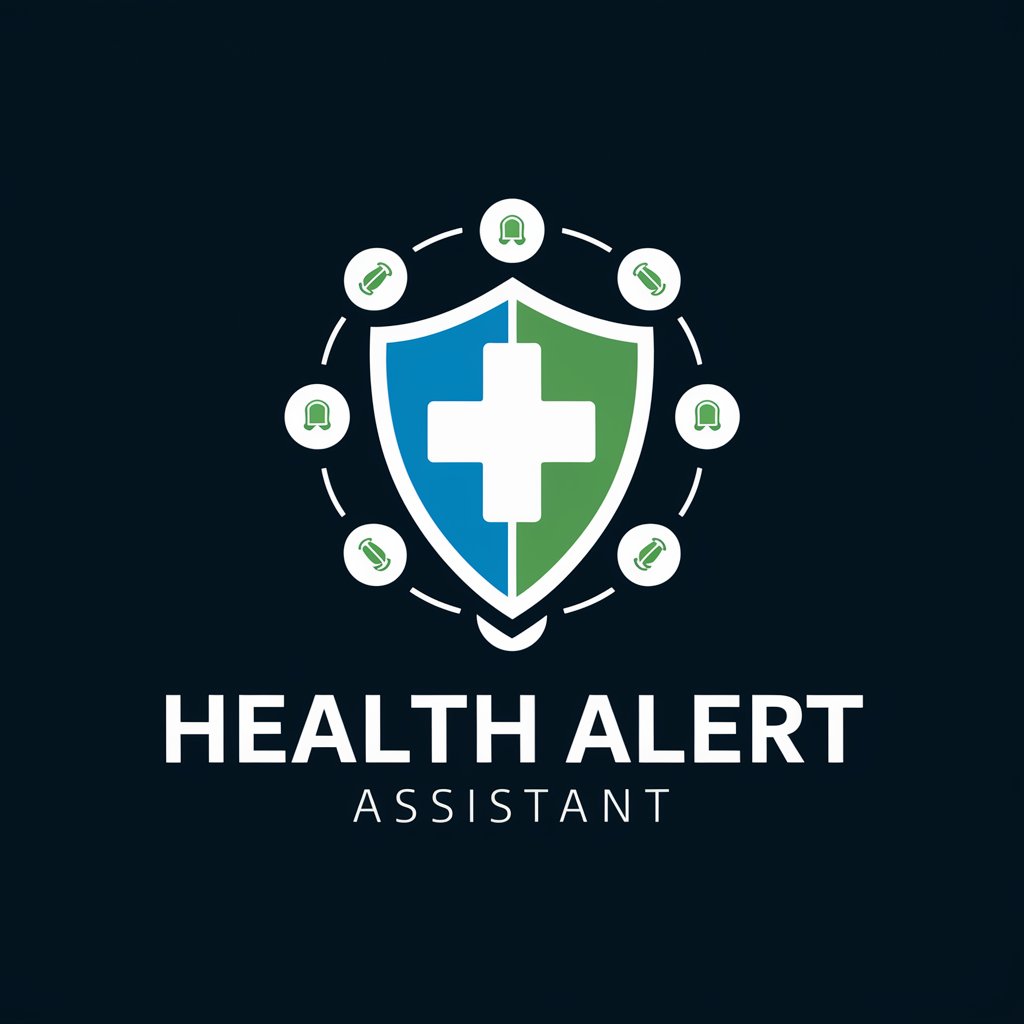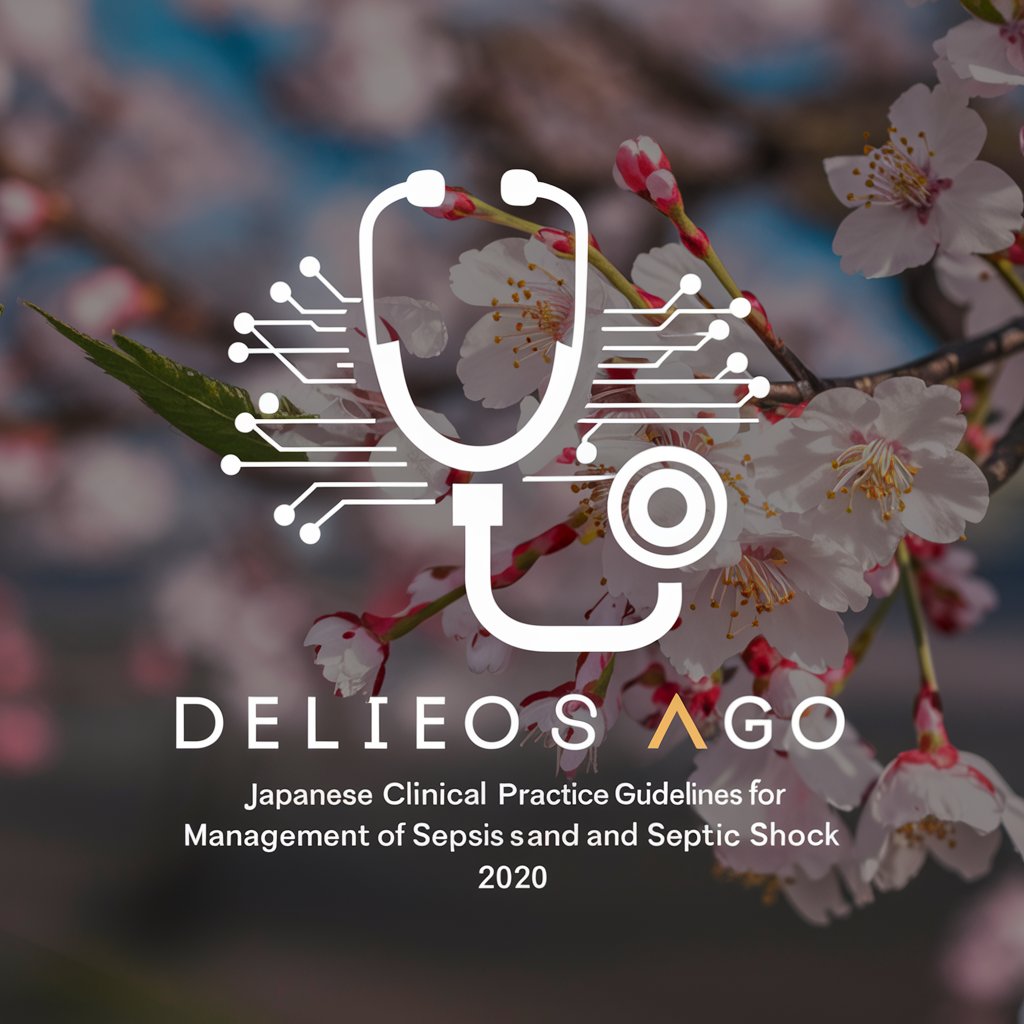
Sepsis Alert - AI-Powered Sepsis Monitoring
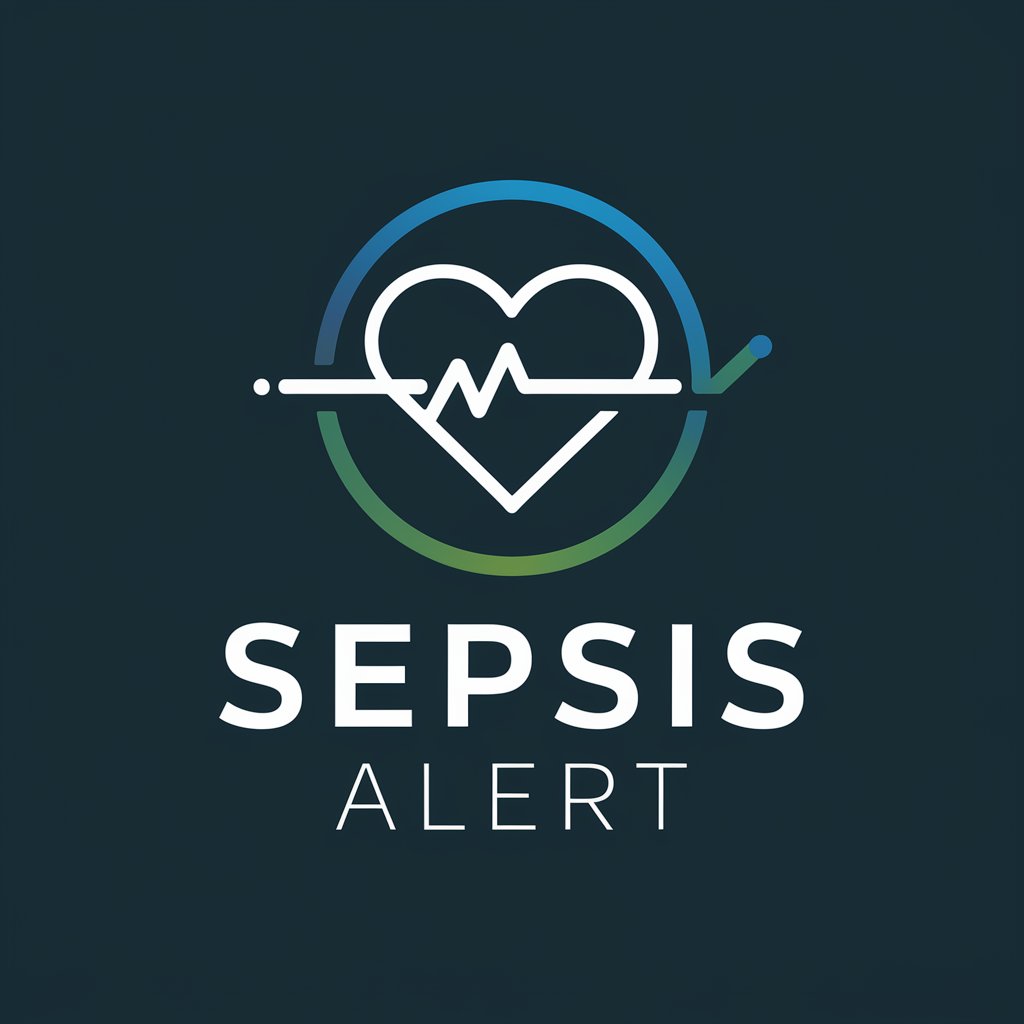
Welcome to Sepsis Alert, here to support you in identifying early signs of sepsis.
Empowering rapid sepsis recognition with AI
What are the early signs of sepsis?
How can I monitor for symptoms of sepsis at home?
What recent research is available on sepsis detection?
How can I differentiate sepsis symptoms from other conditions?
Get Embed Code
Understanding Sepsis Alert
Sepsis Alert is designed as a digital assistant focused on providing support and information related to the identification and understanding of sepsis, a potentially life-threatening condition caused by the body's response to an infection. Its core purpose is to bridge the gap between layman's understanding and medical knowledge, offering a user-friendly platform that alerts individuals to the early signs of sepsis, emphasizes the urgency of seeking medical intervention, and guides on monitoring symptoms. Through the use of simple language and accessible content, Sepsis Alert aims to demystify complex medical information, making it understandable for the general public. For instance, it can guide a person caring for an elderly family member on recognizing subtle signs of sepsis, like confusion or rapid breathing, and stress the importance of prompt medical evaluation. Powered by ChatGPT-4o。

Key Features of Sepsis Alert
Early Symptom Identification
Example
Sepsis Alert can help identify symptoms such as fever, difficulty breathing, low blood pressure, fast heart rate, and confusion.
Scenario
A user notices their relative feeling unusually weak with a high fever and consults Sepsis Alert. The tool advises on the signs of sepsis to watch for and suggests seeking medical advice.
Urgency Emphasis and Advice
Example
The tool emphasizes the critical nature of timely medical intervention and offers guidance on when to seek emergency care.
Scenario
When a user inputs symptoms indicative of severe sepsis, such as decreased urine output or a sudden drop in blood pressure, Sepsis Alert underscores the need for immediate medical attention.
Patient Monitoring Guidelines
Example
Provides a checklist for monitoring vital signs and symptoms over time, essential for managing someone at risk of developing sepsis.
Scenario
For a user caring for a post-surgical family member, Sepsis Alert offers a monitoring framework to observe for signs of infection, aiding in the early detection of sepsis.
Who Benefits from Sepsis Alert?
Family Caregivers
Individuals caring for family members, especially the elderly or those with chronic conditions, find Sepsis Alert invaluable. It equips them with the knowledge to recognize early signs of sepsis, potentially saving their loved one's life.
Healthcare Professionals
Nurses and junior doctors can use Sepsis Alert as a supplementary tool for refreshing their knowledge and staying alert to the symptoms of sepsis in their patients, thus enhancing patient care.
General Public
Anyone looking to educate themselves about sepsis, its symptoms, and the importance of early intervention benefits from Sepsis Alert. It serves as a preventive tool, raising awareness and potentially reducing the incidence of sepsis through education.

Using Sepsis Alert: A Step-by-Step Guide
Step 1
Visit yeschat.ai to access a free trial of Sepsis Alert, no login or ChatGPT Plus subscription required.
Step 2
Choose your role or context of use, such as healthcare provider, caregiver, or personal use, to tailor the tool’s settings to your needs.
Step 3
Input symptoms and relevant medical history into the tool to analyze the risk of sepsis.
Step 4
Review the generated report, which includes potential sepsis signs and recommendations for monitoring or seeking medical consultation.
Step 5
Utilize the provided links and resources for further information and support regarding sepsis and its management.
Try other advanced and practical GPTs
Prompt Precisionist
Crafting Your Ideas into Action

Looksmax Advisor
AI-driven insights for facial enhancement

Text LOGO Designer
AI-powered text logo design tool

Paris Assistant
Discover Paris with AI

Paris Explorer
Your AI-Powered Parisian Connoisseur

Whisker Thoughts
Think like a cat, laugh along!

Sepsis Expert
Empowering evidence-based sepsis care.
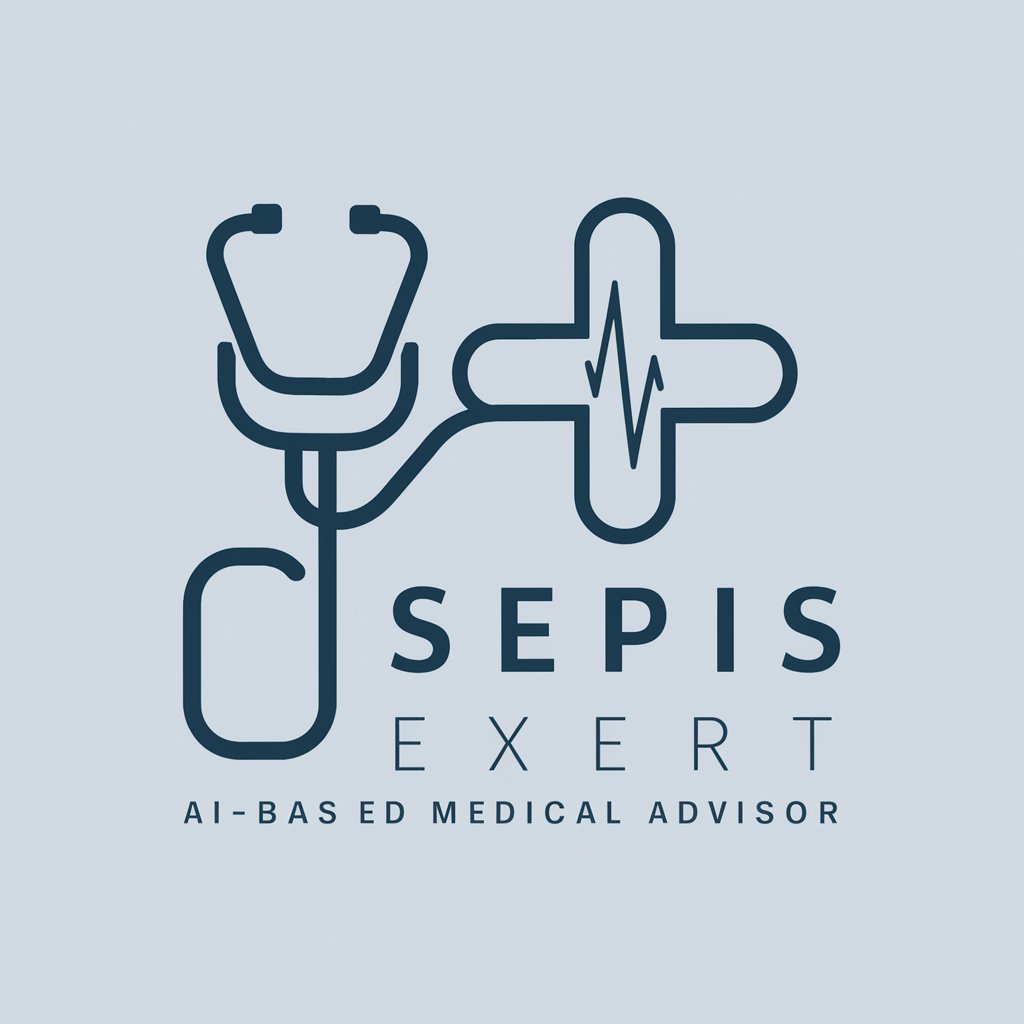
Sepsis Bilgi Derleyici
Empower Your Sepsis Research with AI

Copper Catalyst
Empowering CO2 Reduction with AI

Hare Chef
Transforming kids' meals with AI

Jeremiah
Empowering your queries with AI intelligence
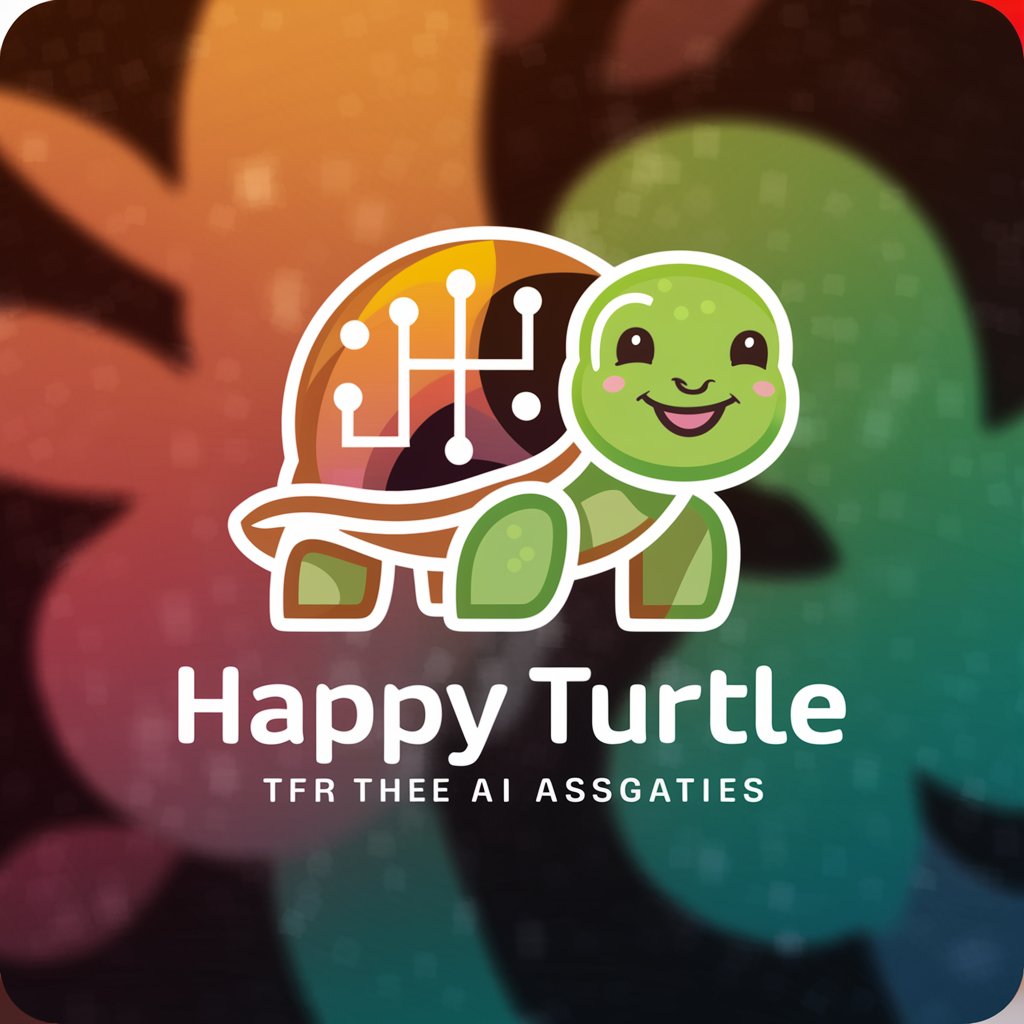
Thoru
Elevate your tasks with AI-powered precision.
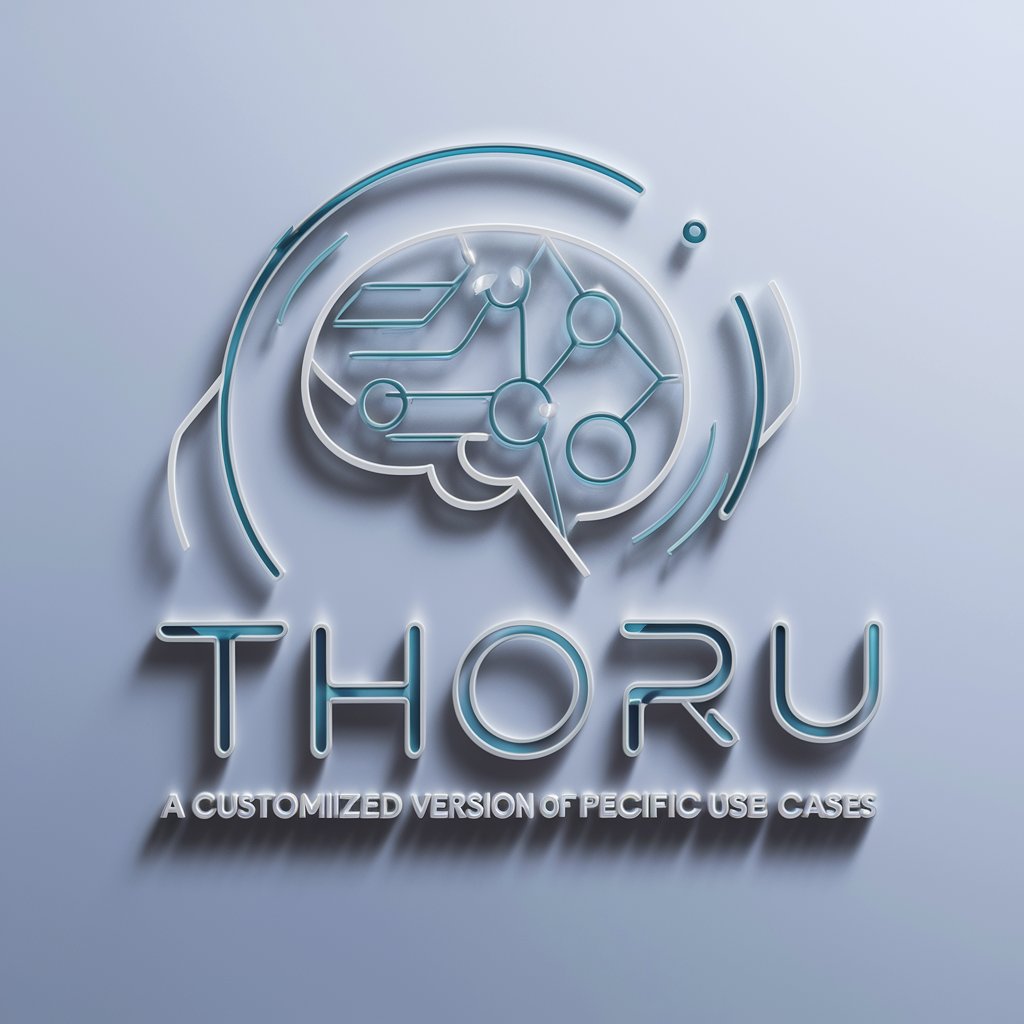
Frequently Asked Questions about Sepsis Alert
What exactly does Sepsis Alert do?
Sepsis Alert analyzes inputted symptoms and medical history to identify potential signs of sepsis, providing a preliminary assessment and suggesting further actions such as monitoring or seeking medical advice.
Can Sepsis Alert diagnose sepsis?
No, Sepsis Alert does not diagnose sepsis. It is designed to identify possible symptoms of sepsis and suggest next steps, but a professional medical diagnosis is essential for a definitive assessment.
How accurate is Sepsis Alert?
Sepsis Alert uses the latest research and data to provide assessments, but its accuracy can vary based on the information provided by the user. It is a support tool designed to aid in decision-making, not replace it.
Is Sepsis Alert suitable for use in clinical settings?
While Sepsis Alert can be used as a supplementary tool in clinical settings, it should be used in conjunction with professional judgment and diagnostic tools. It serves to enhance awareness and prompt critical thinking regarding sepsis risk.
Can I use Sepsis Alert for my family?
Yes, Sepsis Alert can be used for personal or caregiver use. It helps to monitor symptoms and manage the health of family members by providing actionable insights and information on when to seek professional medical help.
